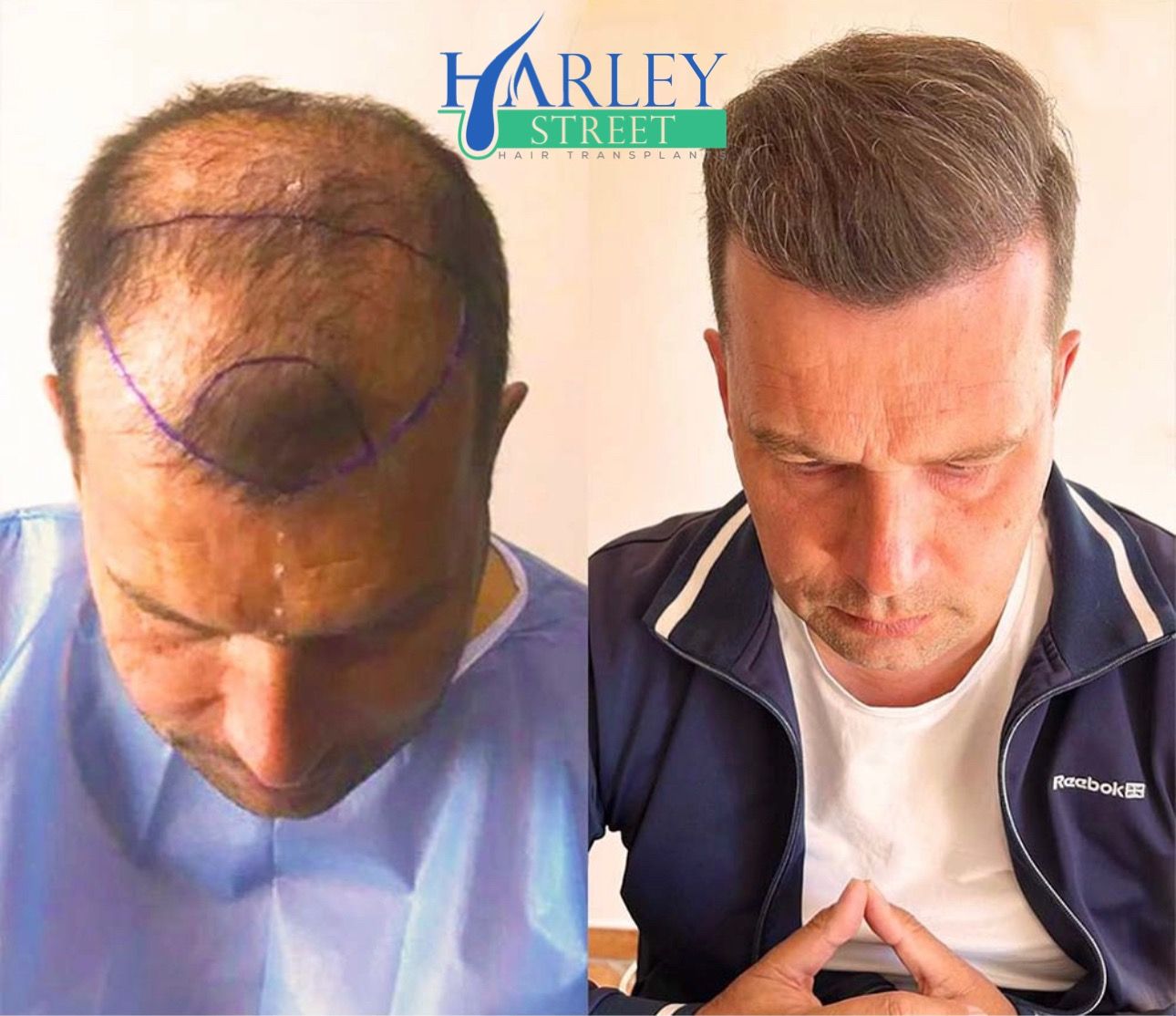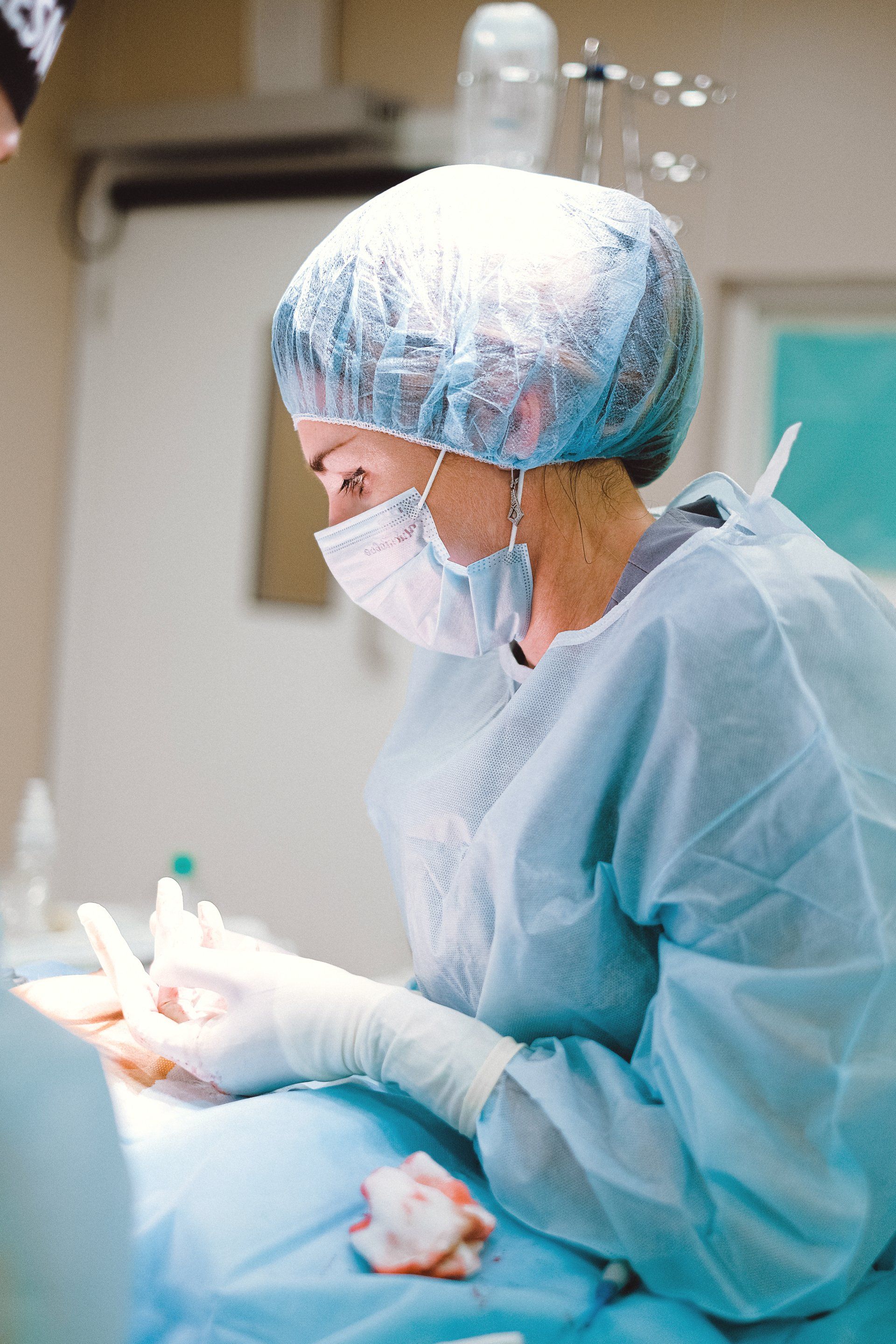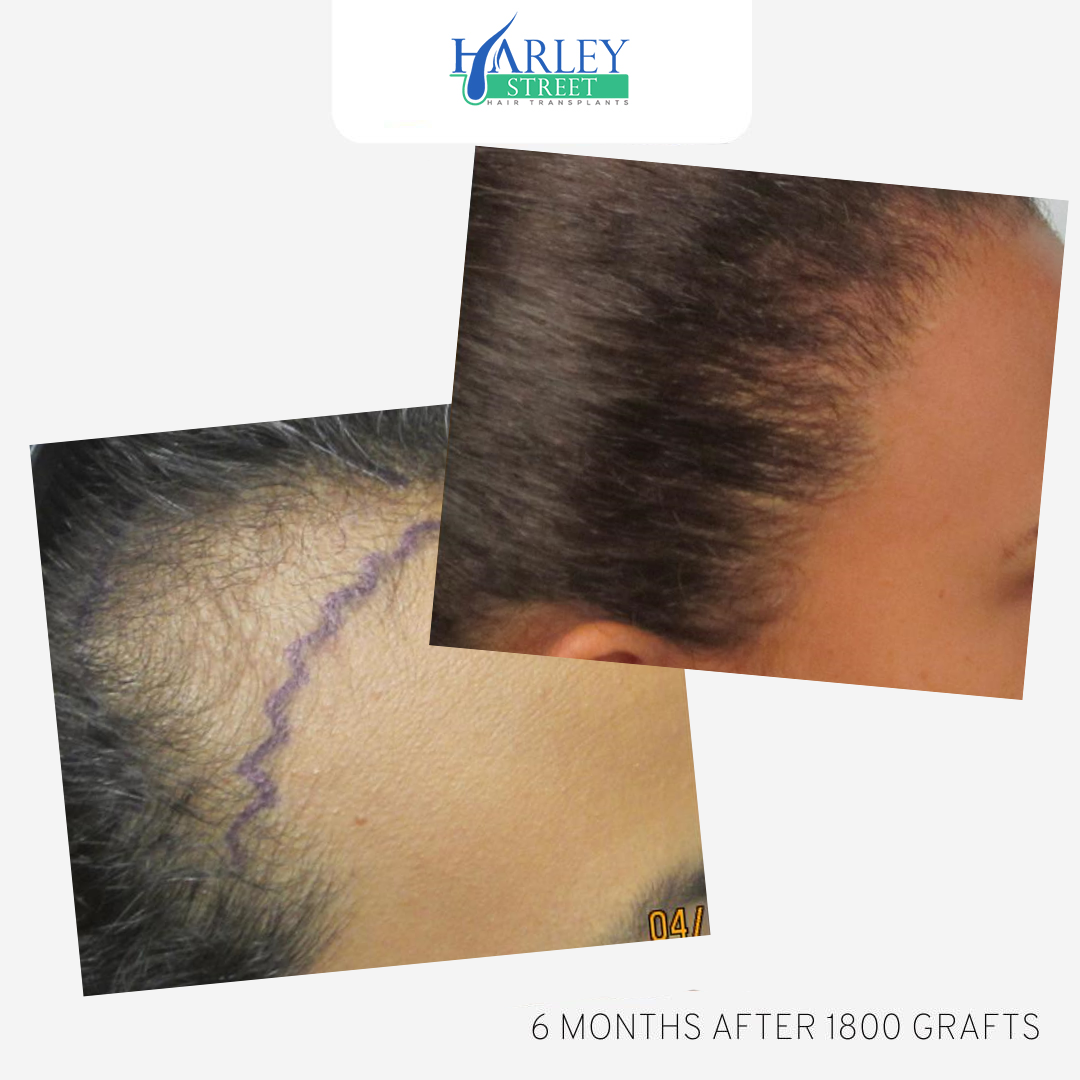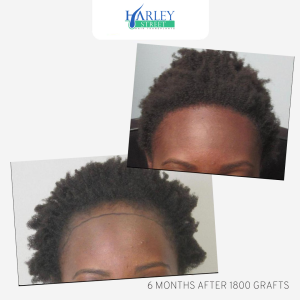Blog Details
HOME > BLOG DETAILS

When so many other less expensive choices are available, why should you choose a hair transplant procedure?
We all know that having a beard makes a person feel nervous, especially in today’s world, where everything you do is documented on social media. This gave medical professionals a chance to propose baldness treatments.
There are several choices available to us now for baldness treatment. However, there is a catch. Many methods available today only provide a short-term solution, so you must continue to have treatment sessions to retain your hair. However, hair transplant surgery is one of the few methods that may genuinely provide you with long-lasting natural hair remedies.
In this article, we’ll learn about the many advantages a patient gets from having hair transplant surgery to treat baldness, including natural hair, less care, etc.
The Following Advantages Of Hair Transplant Surgery
Hair loss is a frequent issue that both men and women experience. Several possible causes, some transient, while others may result in lasting hair loss if they cannot be reversed. Here are not just one but ten benefits of getting a hair transplant.
- An enhanced appearance
The hair transplant restores your former golden days of display off your thick head of hair. This unquestionably enhances one’s attractiveness and builds confidence in that person.
2. An Enduring Resolution
The hair transplant procedure provides a permanent solution, unlike other options that only function temporarily. Consequently, it gives you peace of mind.
3. More assurance with no bald spots
You will no longer be worried by the baldness that has tormented you for so long and may have limited your social interactions. After the hair transplant procedure, you may now confidently mingle with the new you.
4. Careless Maintenance
Hair transplant surgery requires comparatively less upkeep than treatments that frequently require maintenance and are expensive and time-consuming. There is relatively needed minimal care after the hair follicles begin to develop.
5. Cost effective
You must be wondering at this point how affordable hair transplant surgery is. Think about other less expensive options, but when you include repeated visits and maintenance, it becomes costly because the solution is temporary. It would be best if you kept going to the clinic. In contrast, having a hair transplant is merely a one-time investment.
6. High Rate of Success
While there are many other options available to you in place of hair transplant surgery, none have a success percentage as high as this procedure. One of the main reasons people choose this treatment is for this reason.
7. Minimal Risk Of Complication
Surgery frequently carries the risk of consequences brought on by human mistakes and the exposing of internal organs. However, because hair transplant surgery primarily affects the scalp, it is a minimally invasive operation. There is hence extremely little chance of any difficulties following the treatment.
8. Minimal Risk Of Side Effects
Again, there is very minimal possibility of any adverse effects that often occur after a surgical operation because there is no invasion and general anesthesia is not employed.
9. Organic Hair
With this technique, you get hair that is natural and comes from you, as opposed to other alternatives like wigs and weaving, where the hair utilized is synthetic or acquired from a third party. They, therefore, don’t appear false or out of place with your natural hair.
10. Avoid using long-term medications
Only antibiotics and painkillers are advised after a hair transplant treatment for a few days in case the patient has any bothersome post-procedure discomfort.
Hair transplant complications, risks, and side effects
A hair transplantation operation is often performed without any significant dangers or consequences. However, some risks associated with surgery should be thoroughly reviewed during your appointment with our skilled surgeon.
There are a few minor, transient difficulties, including:
- Pre-Existing Hair Thinning
Your natural hair may diminish following surgery, though this is exceptionally uncommon. They will, however, recover to normal within a few months following the operation.
2. Bleeding
Bleeding is expected and will ultimately cease. Rarely is further stitching necessary.
3. Pain
Although relatively little, discomfort is expected because it is an operation. Most of our patients don’t need painkillers, and we advise the proper dosage when they do.
4. Numbness
It is unavoidable to have some transient numbness, which often occurs near the donor location and can persist for up to 18 weeks. It is scarcely a hassle.
5. Itching
Commonly, there is some itching, but it is not at all bothersome. Daily shampooing of the hair will alleviate the soreness.
6. Swelling
Rarely, swelling develops, and when it does, It may linger for one to two days in the vicinity of the eyes. A “black eye” is 1% of the time.
7. Illness
Infections are sporadic but are easily treated with antibiotics.
8. Scarring
Only predisposed individuals have keloid scarring; even less often, this scarring can have a creasing effect.
9. Cysts
When several grafts have been placed, cysts may form in the recipient region. They often have a diameter of little more than 2 or 3 mm, making them comparable to tiny zits.
Tips For After-Hair Transplant Surgery
Now that you’ve had your much-anticipated hair transplant, you’re ready to head home with gorgeous locks! That’s excellent, but there are several things you should make sure of to get the most remarkable results after the treatment.
Here are some aftercare guidelines you must follow if you want positive outcomes. Most of the items listed below don’t need much extra time outside your regular schedule.
It is advised to sleep with your head raised during the first several nights following the therapy. Even if it’s not sunny outdoors, use sunscreen for up to two weeks following the treatment. You may resume your regular shampooing and conditioning regimen after 10 days. When massaging your head, don’t use too much pressure.
If you start to feel or see scabs, do not be alarmed. They will disappear within a few days. Within the first week following the FUE procedure, try to minimize perspiration.
Summary:
Last but not least, the most crucial advice for aftercare after hair transplants is to pay attention to your physician. Because each individual is unique, it is essential to have a comprehensive consultation with a specialist who provides tailored aftercare guidance. With specialists, you can be confident of this.
One of the few choices, hair transplant surgery, can restore a patient’s natural hair with a shallow risk of problems and adverse effects. Our anesthetic methods and hairline design are among the best in the industry. Hair transplant specialists deliver exceptional outcomes with higher customer satisfaction because of the technologies we utilize in combination with our abilities and knowledge.
After analyzing the scalp, experienced hair doctors can recommend the most effective hair transplant technique and the cost and recovery time needed.
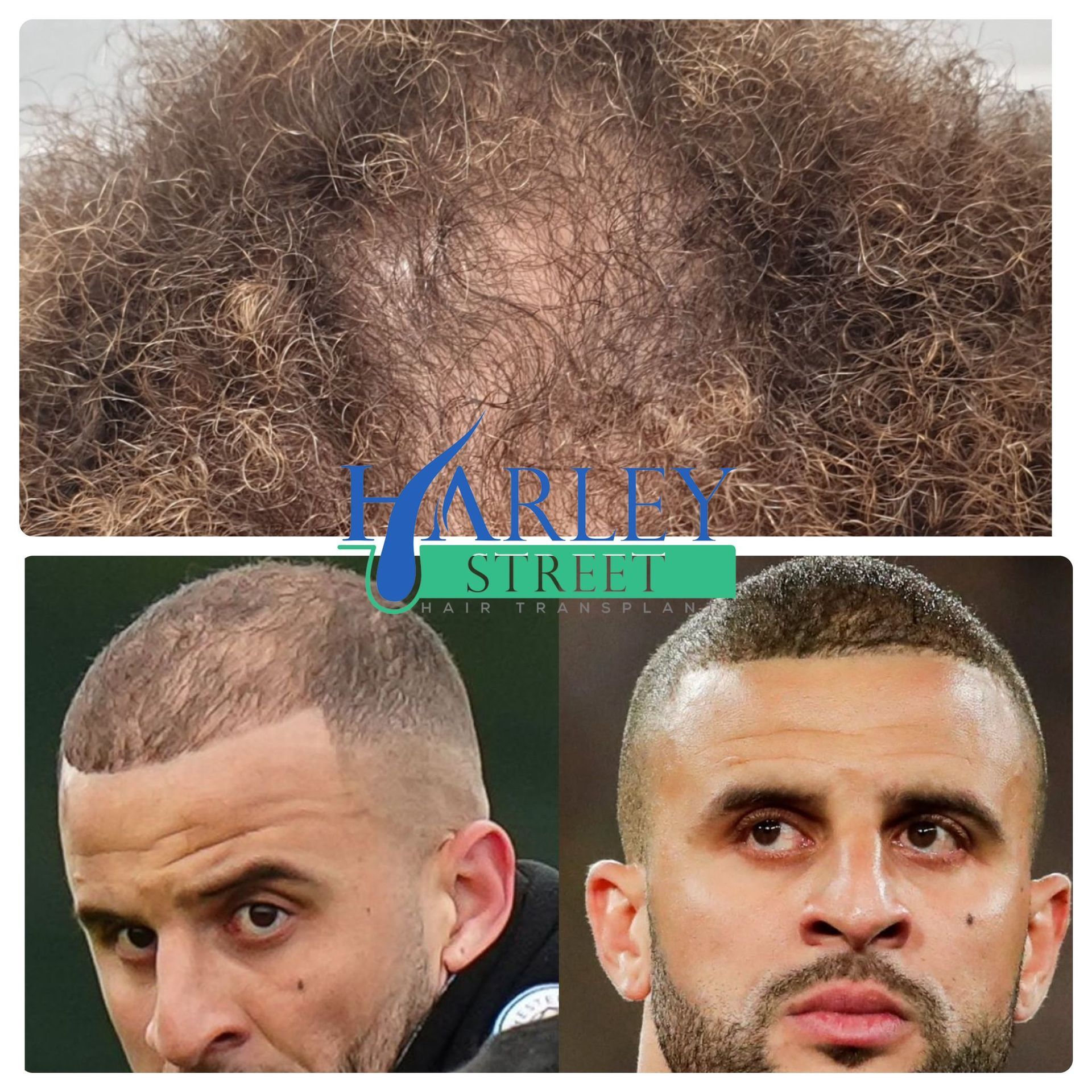
Quick Links
All Rights Reserved

